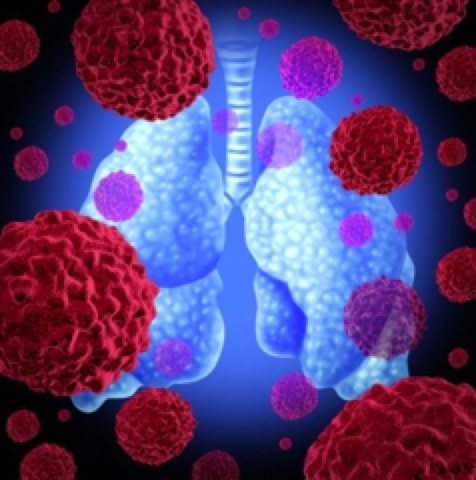Connections between vitamin D and reducing cancer are being discovered more and more every year. These connections are particularly strong for colon cancer, breast cancer and leukemia.
As researchers found earlier this year, “vitamin D participates in cell growth regulation, apoptosis and cell differentiation. In addition, it has been implicated in the suppression of cancer cell invasion, angiogenesis and metastasis.” Their studies also showed that taking vitamin D can slow down the cMYC function, which means that it may prevent premalignant cells from turning malignant.
Sun avoidance and lack of fatty fish and/or supplements has made vitamin D deficiency common in North America and in many countries worldwide.
Researchers at Montreal’s McGill University have discovered another reason why vitamin D appears to exert cancer-preventive and cancer-curbing effects.
A team led by McGill professors John White and David Goltzman discovered that vitamin D acts in several ways to inhibit the production and function of a key protein called cMYC.
They just published their findings in the latest edition of the prestigious U.S. journal, Proceedings of the National Academy of Sciences.
“We discovered that vitamin D controls both the rate of production and the degradation of cMYC. More importantly, we found that vitamin D strongly stimulates the production of a natural antagonist of cMYC called MXD1, essentially shutting down cMYC function”.
- To get your daily dose of vitamin D it is recommended to do the following:
- Eat Wild Alaskan Sockeye Salmon
- Take Vitamin D supplements
- Get daily exposure to sun (about 1o minutes). Do not forget wearing a sunscreen.
- Note: Make sure you get your vitamin D supplements from a reputable source.
References:
-
Lopes N, Paredes J, Costa JL, Ylstra B, Schmitt F. Vitamin D and the mammary gland: a review on its role in normal development and breast cancer. Breast Cancer Res. 2012 May 31;14(3):211.
-
McGill University (MU). Newly discovered effects of vitamin D on cancer: Vitamin D slows the progression of cells from premalignant to malignant states, keeping their proliferation in check November 22, 2012. Accessed at http://www.mcgill.ca/newsroom/channels/news/newly-discovered-effects-vitamin-d-cancer-219089
-
Patel JB, Patel KD, Patel SR, Shah FD, Shukla SN, Patel PS. Recent candidate molecular markers: vitamin D signaling and apoptosis specific regulator of p53 (ASPP) in breast cancer. Asian Pac J Cancer Prev. 2012;13(5):1727-35.

















